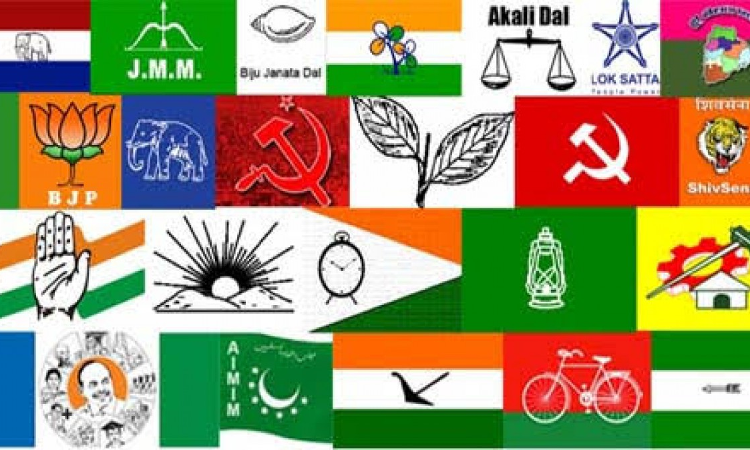Decriminalization Of Indian Politics: 13 Key Observations Made By Supreme Court Today
LIVELAW NEWS NETWORK
10 Aug 2021 8:08 PM IST

Next Story
10 Aug 2021 8:08 PM IST
The Supreme Court delivered a significant judgment today emphasizing the need to decriminalize Indian politics. The following are key observations made by the bench of Justices RF Nariman and BR Gavai in its judgment today:Candidates with criminal antecedents should not be permitted to be the law-makers.No one can deny that the menace of criminalisation in the Indian political system is...
